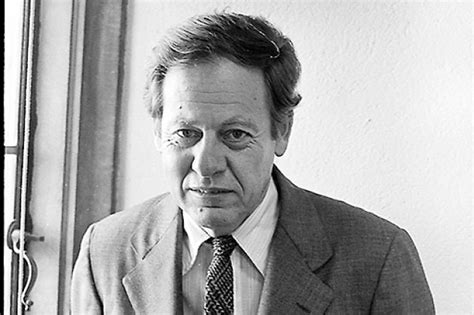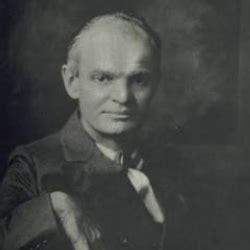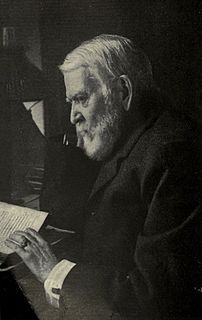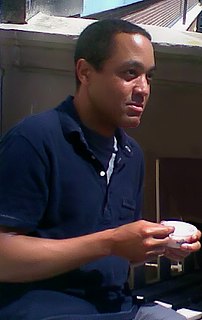A Quote by Paul de Man
Death is a displaced name for a linguistic predicament.
Quote Topics
Related Quotes
Henry James once defined life as that predicament which precedes death, and certainly nobody owes you a debt of honor or gratitude for getting him into that predicament. But a child does owe his father a debt, if Dad, having gotten him into this peck of trouble, takes off his coat and buckles down to the job of showing his son how best to crash through it.
All nationalisms are at heart deeply concerned with names: with the most immaterial and original human invention. Those who dismiss names as a detail have never been displaced; but the peoples on the peripheries are always being displaced. That is why they insist upon their continuity - their links with their dead and the unborn.




































